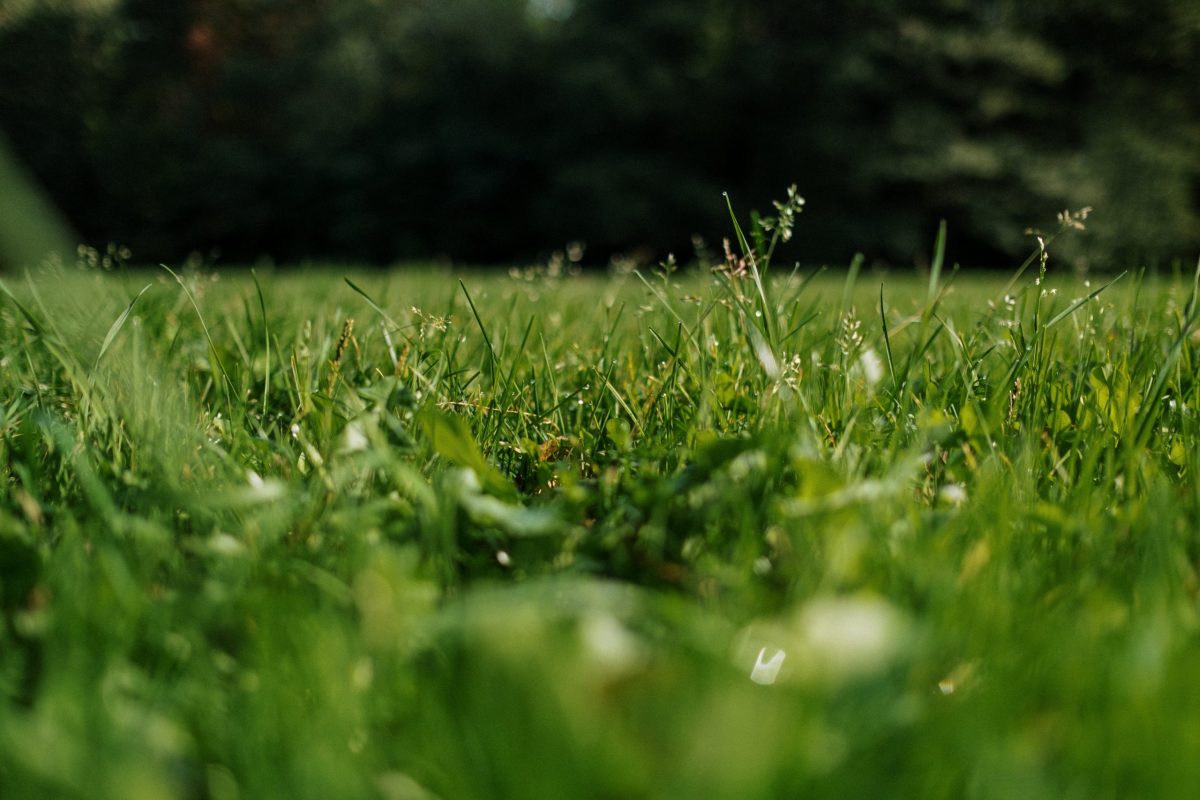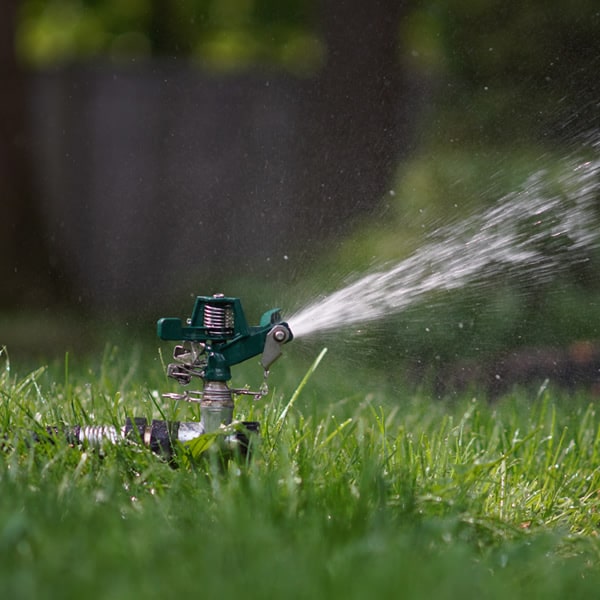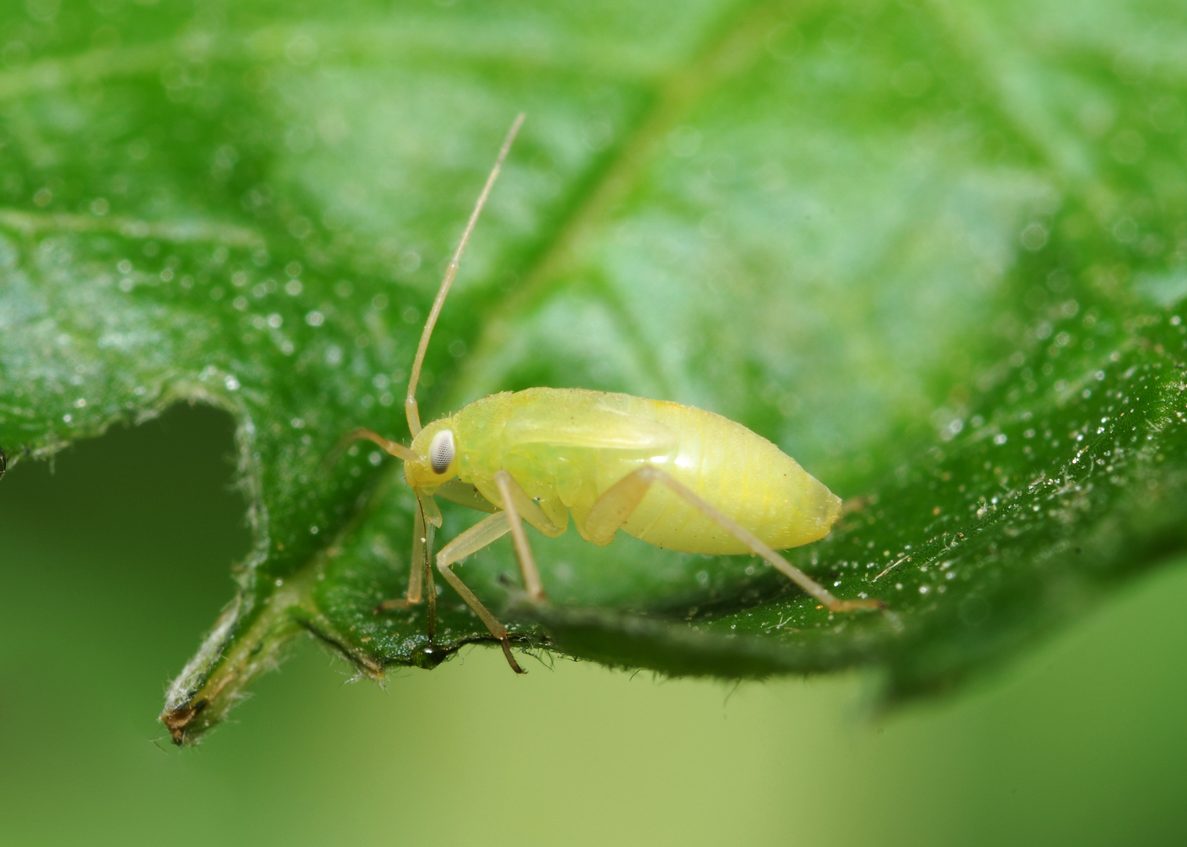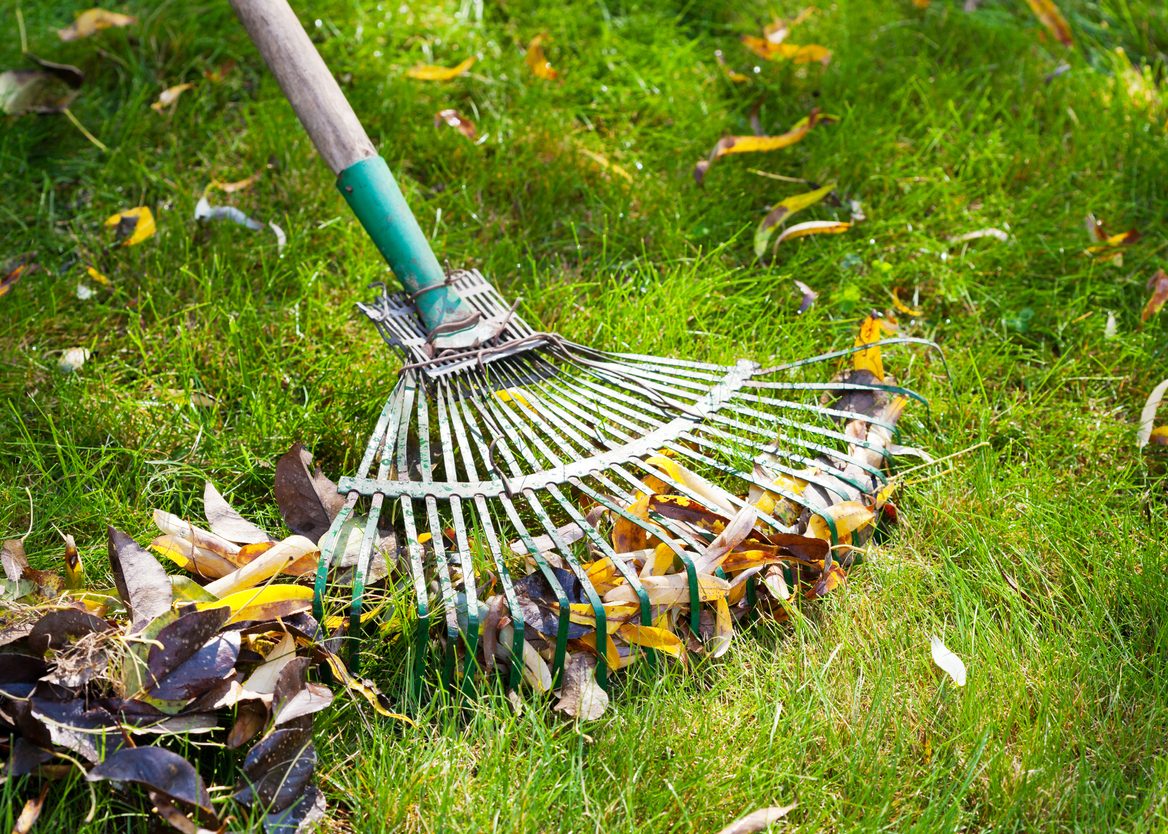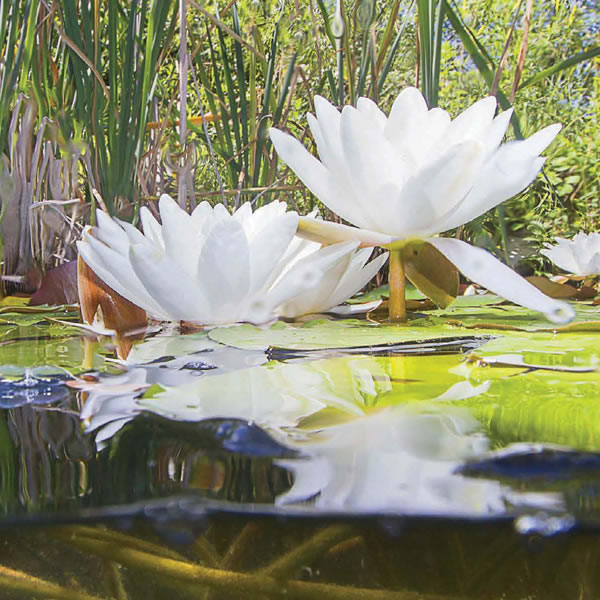Lawn Care & Watershed Protection
Lawn care practices are a critical factor affecting the health of the Glen Lake/Crystal River Watershed. Improper fertilizer use, pest control techniques, irrigation, and yard and pet waste disposal can have a detrimental impact on water quality. Please help preserve and protect Glen Lake and other nearby waterways by following these water-friendly practices.
AVOID using FERTILIZER
Fertilizer damages water quality!
Commercial fertilizer products (whether chemical or organic) may make your lawn and garden green, but they’re terrible for the lakes and rivers. Although nutrients such as phosphorus and nitrogen are vital to plant growth, they are of great concern to water quality. Excess nutrients can turn our water green too. Imagine sandbars covered in weeds, rocky shoals coated in slime, and cloudy water filled with undesirable algae. Phosphorus contamination, in particular, can literally choke fish and aquatic populations to death. If you must apply fertilizer, test your soil first to ensure it’s absolutely necessary and only use phosphorus-free products.
DID YOU KNOW?
Lake water already contains nitrogen and phosphorus. So, irrigate with lake water to naturally fertilize your lawn and garden!
Stop Fertilizer Overuse!
Fertilizer is so detrimental to the health of the environment that Michigan has enacted a “Fertilizer Law.” This law restricts the use of phosphorus-based fertilizers in both residential and commercial applications.
HOW Excess Phosphorus Impacts Water Quality
“When excess phosphorus is applied on land, it may run into nearby lakes, rivers and streams. This runoff can lead to increased algae and aquatic plant growth which can have negative effects on water quality, fisheries, recreation, and property values. By restricting unnecessary phosphorus application, the phosphorus law will help maintain and protect Michigan’s vast water resources.” ~Source: MSU Website
Protect the watershed by only using phosphorus-free fertilizer!
Lawn Care Fertilizer Guidelines
If soil testing indicates a need to fertilize, follow these guidelines to protect the water:
- Don’t waste your money by buying more fertilizer! Conduct a soil test to calculate what and how much is needed. Most Michigan soils already contain sufficient levels of phosphorus for healthy plant growth.
- Don’t use of fertilizer within 30 feet of the water
- Use phosphorus-free products
- Choose slow-release nitrogen products
- Ensure fertilizer is free from pesticides and herbicides (I.e., no weed-and-feed)
- Limit application to 2-3 times per year
Water-Friendly Fertilizers: What To Look For…
The three numbers on every package of fertilizer indicate the concentrations of nitrogen, phosphorus, and soluble potash. Look for products where the middle number (representing the phosphorus content) is zero. The percentage often following these numbers indicates the percentage of slow-release nitrogen. The higher the percentage, the greater the slow-release component.
Recommended Lawn Care Products Include:
If fertilizer is needed, follow these guidelines to protect the water:
- Clean Green 7-0-0
- Lake Safe 20-0-20
- Espoma Organic Weed Preventer 9-0-0 (91%)
- Espoma Organic Lawn Food 9-0-0 (84%)
- Ferrell Lawn Fertilizer — Custom Blend 5-0-5 (70%)
- Jonathan Green Organic Lawn Fertilizer 10-0-1 (95%)
- Less Professional Turf Fertilizer 32-0-10 (67%)
- Organica Lawn Booster 8-0-1 (94%)
- Soil Science 5-0-7 (High)
- Sustane 18-1-8 (79%)
- Turf Nurture 15-0-7 (75%)
Lawn Care Practices That Protect the Watershed
How else can you care for the watershed while caring for your lawn & garden?
Irrigation
There are natural ways to irrigate your lawn for better lawn care.
- Use lake water to irrigate your lawn and garden – It naturally contains nitrogen and phosphorus to fertilize your plants and lawn
- Measure your water use – Over-watering leaches nutrients from the soil and causes run-off into the lakes and river. Frequent shallow watering can also be detrimental – it encourages shallow rooting, shoreline erosion, crabgrass invasion, and disease. The appropriate level of irrigation will moisten the soil 4-6 inches deep, equating to about 1 inch of water.
Pesticides
Most pest problems can be avoided by utilizing best practices for mowing, watering, and fertilizing. If you do need to treat for an infestation, consider these guidelines:
- Don’t use pesticides near wells, streams, wetlands, or any other body of water
- Identify the insect you’re trying to eliminate and utilize a product which targets it specifically, rather than to spray a general insecticide
- Use the minimum amount of pesticide necessary
- Be sure to check the weather forecast to avoid pesticide application prior to rainfall, and never apply chemicals to bare or frozen ground
Natural Pest Control Techniques
Try these natural, water-friendly pest control technique before turning to pesticides:
- Encourage natural predators
- Opt for native groundcover and grasses.
- Time planting and harvesting to avoid peak times for pests
- Choose pest-resistant plant varieties
- Apply “compost tea” to maintain optimal plant growth conditions and maximize resistance to pests and disease
- Plant a variety of plants to avoid susceptibility to one type of pest
- Apply natural parasites and insect hormones to disrupt the normal life cycle of pests
Yard & Pet Waste
Grass clippings, leaves, and animal waste all contain phosphorus. Follow these guidelines to keep excess nutrients from entering the lakes and river:
- Refrain from blowing debris into the water
- Never burn yard waste! Ashes and smoke particles concentrate nutrients into soluble forms which dissolve too quickly into the water. Too much, too fast!
- Bag and properly dispose of yard and pet waste
- Create a compost pile for organic materials
- Locate compost piles away from the water
- Use compost to fertilize your lawn or garden

